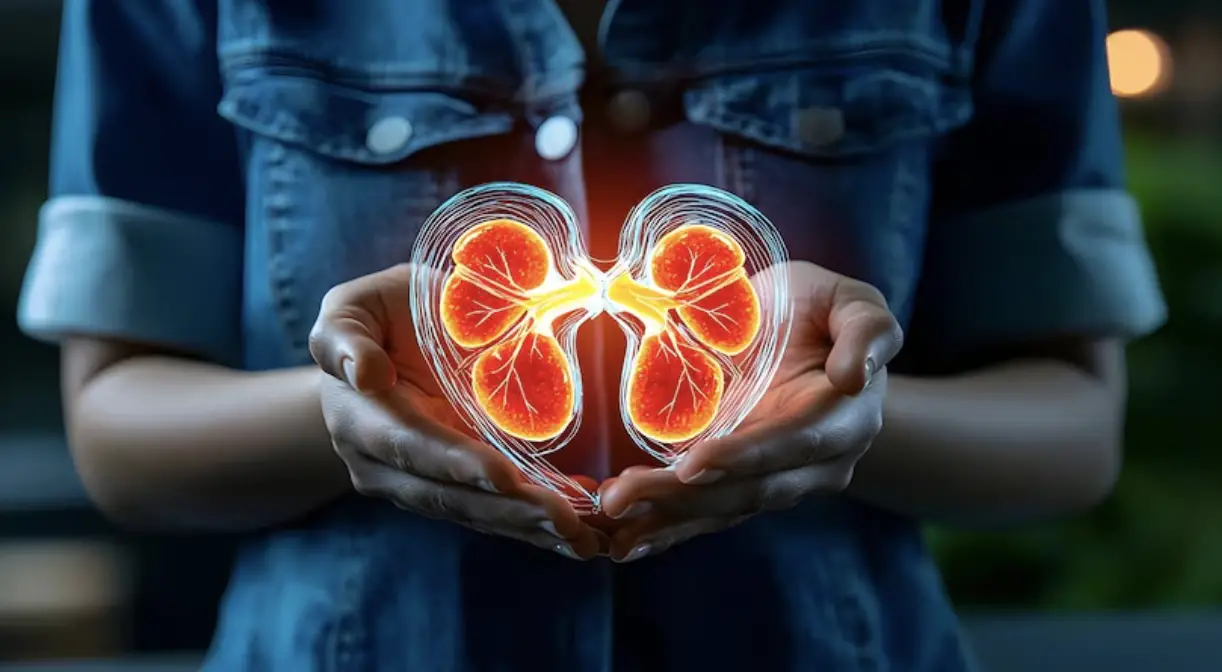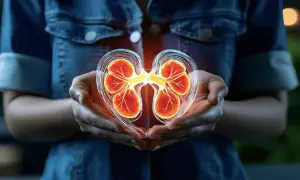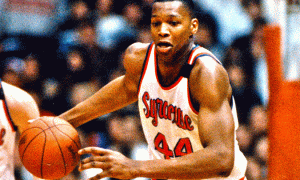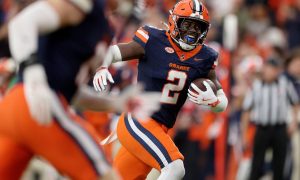Student nutrition is critical to athletic performance, from fueling hard workouts to promoting recovery and concentration. If you can understand the basics of nutrition to stay energized, centered, and focused come game day, you will improve your body and team sports experience. Ready to take your performance to the next level? Read on to discover how smart nutrition can make all the difference in your game.
Why Nutrition Matters for Student-Athletes
School-aged children have constant physical and mental pressures from practice, school, and competition. A healthy diet helps you keep your energy up, sharpen your focus, and aid in your body’s recovery. A well-balanced diet helps not only on the field or court but at school, too, enabling children to concentrate better in class, sleep better, and even cope better with stress.
Balancing nutrition, training, studying, and other responsibilities can be challenging. In that case, using the best writers at topessaywriting.org can be an intelligent solution. Education recipients can dedicate sufficient time to sports and help by delegating some assignments to professionals. Perform well academically and recover appropriately with extra support.
Carbohydrates: The Major Energy Source in the Body
For energetic students, carbohydrates are the primary source of energy. For a student-athlete, any exertion that involves running, jumping, or flexing burns up stored carbs (glycogen). An adequate carbohydrate-rich diet maintains glycogen levels and helps fight fatigue. The typical sources of carbohydrates that a student-athlete can consume are:
- Whole grains such as oats, brown rice, and quinoa.
- Bananas, apples, and berries for instant energy.
- Fiber-rich vegetables such as sweet potatoes and leafy greens provide vitamins and fiber.
- Complex carbs, such as legumes, keep you full for a long time.
Adding these foods to meals gives student-athletes a consistent energy source that can fuel them throughout the day, in practice, and even while studying.
Protein: Essential for Muscle Repair and Recovery
Proteins restore and replenish student-athlete muscles after practice or play. Supplements also keep muscles healthy and resilient to avoid injury. It can be easily sourced from lean meats, eggs, tofu, and yogurt. If you’re on the go, protein shakes or bars can give you a quick fix. The trick to getting the most out of protein is to consume it consistently throughout the day. Good protein choices include:
- Tender cuts of meat such as chicken or turkey for a satisfying dinner.
- Proteins are made from plants like beans, lentils, and chickpeas.
- Eggs can be used for all types of things and are easy to whip up.
- Snack dairy foods, such as Greek yogurt and cheese.
Protein repairs muscles and aids recovery, helping students return strong for practice or competition the next day.
Drinking Water: The Hidden Secret of Success
Water is as essential as food for student-athletes, impacting energy, focus, and overall physical performance. Dehydration can cause fatigue, dizziness, and cramps that can affect a player’s performance on the field. Keeping hydrated all day, not just during exercise, is a way to prevent dehydration. Student-athletes might choose electrolyte drinks for extra hydration, particularly during hard training sessions. Electrolytes in beverages such as coconut water or sports drinks replenish minerals lost through sweat and help keep your muscles working. Eating more water-based foods such as oranges, cucumbers, and watermelon can also maintain proper hydration.
If physical activities interest you beyond the court, consider exploring engaging sports research topics for your assignments. Researching the impact of nutrition on athletic performance or the psychology behind team dynamics can deepen your understanding of sports.
Healthy Fats: Fueling Energy and Bone Health.
Fats are essential for absorbing vitamins and supporting the joints, two things students need to survive while engaging in high-intensity activities. Good fats provide different fuel and keep athletes satisfied longer, which is particularly useful when training in a hectic environment. Include foods rich in healthy fats in meals and snacks to stay fueled and energized longer. Recommended sources include:
- Nuts and seeds – Almonds, chia, and sunflower seeds.
- Avocados for healthy monounsaturated fats
- Use Olive oil for salad dressings and cooking.
- Fat-rich fish such as salmon are also rich in omega-3 fatty acids for heart and joint health.
These fats fuel student-athletes to train and study, helping them keep school and sports running smoothly.
Fueling Success On and Off the Field
A balanced diet is a weapon in any student-athlete’s arsenal. By eating carbs in moderation, getting adequate protein, staying hydrated, and including healthy fats, education recipients can ensure they’re not only winning games but excelling academically and intellectually. Healthy eating sets them up on stable ground to face the stress of sports and learning more comfortably. If students make a healthy choice, more than team play is at stake. From better study skills to quicker recovery, proper nutrition equips athletes to perform at all levels of life.


















